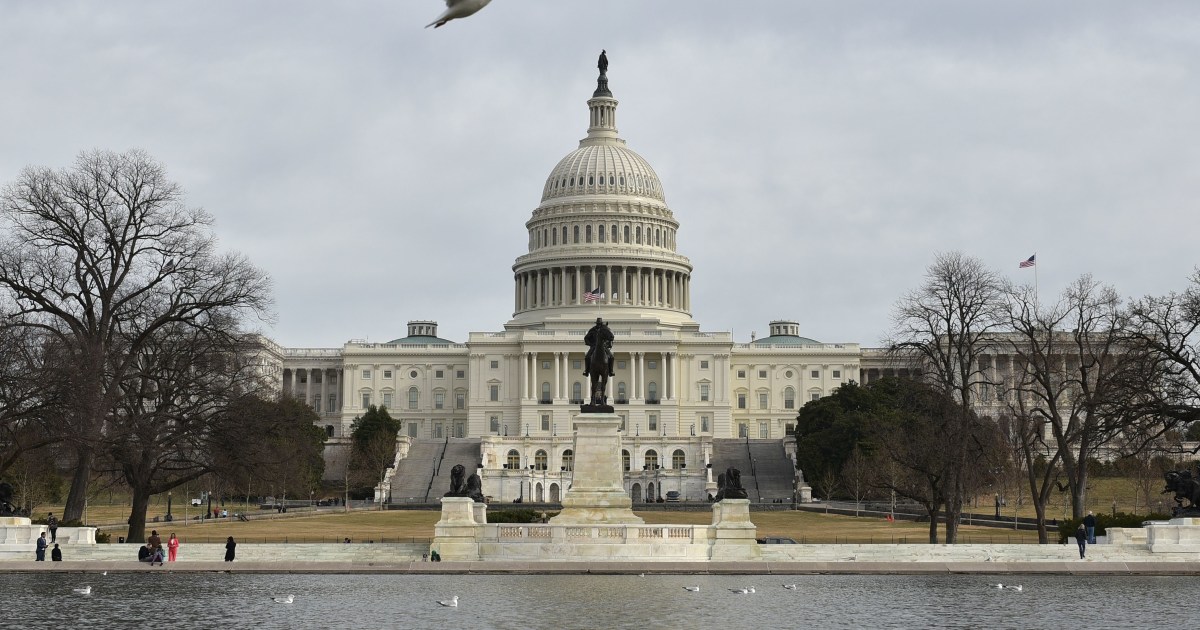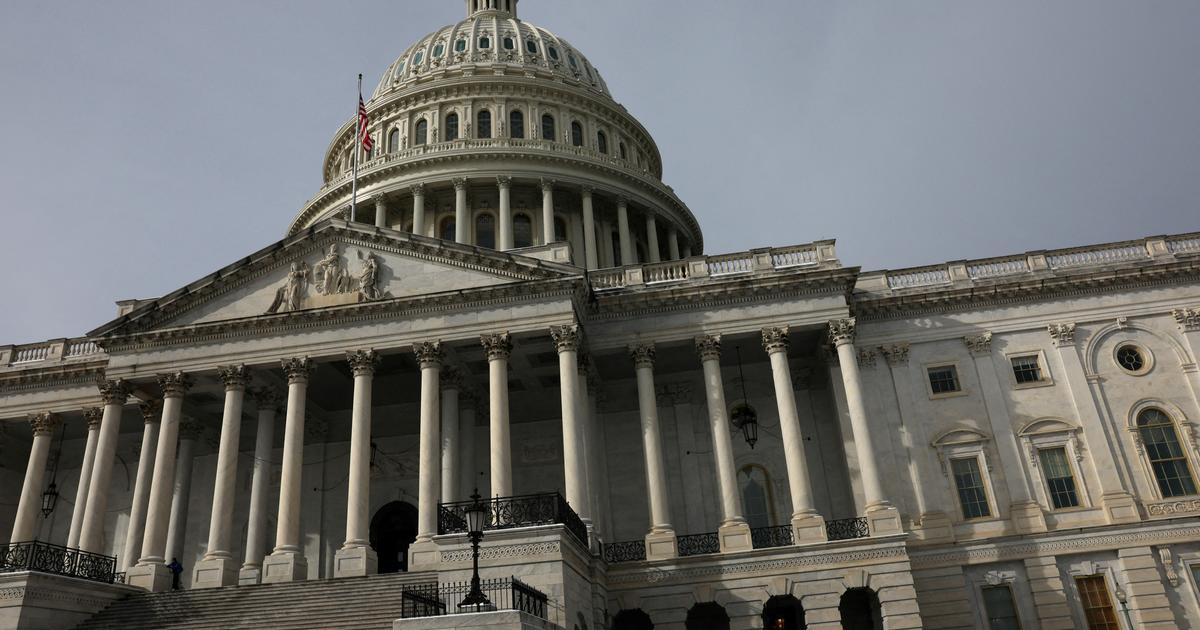For years, the EU states have been arguing about the rescue and reception of refugees and migrants - and, accordingly, enthusiastically even small progress is being celebrated. So also on Monday: Germany, France, Italy and Malta had agreed on the distribution of migrants. Federal Minister Horst Seehofer (CSU) was then "highly satisfied". Malta's Interior Minister Michael Farrugia even said that they had "started to write history".
The details of the deal, however, remained secret. Probably for good reason - because the five-page agreement, which has now become public, leaves central questions unanswered. In addition, it gives the impression that the goal is more to achieve Europe's even more effective isolation as an improvement in the rescue and distribution of migrants and refugees.
At the heart of the agreement is a "temporary solidarity mechanism" designed to enable "dignified landing" of those rescued at sea in a safe place. Which ports are meant, however, remains open. Although every EU state can offer an "alternative safe place", says the document. However, this should only happen on a "voluntary basis". The same is true when a single country is dealing with a large number of migrants: then another country should join, also voluntarily.
Quotas should follow at the earliest in early October
The four participating countries should agree in advance on the redistribution of the rescued - on the basis of previous commitments. The exact quotas should be agreed at the earliest at the next meeting of EU interior ministers on 8 October. So far, only Germany has agreed to take in future a quarter of rescued from distress migrants. According to media reports, Italy is prepared to take on ten percent, but there is still nothing official from Rome.
The question is also: a quarter or ten percent of how many? The number of people rescued in the Mediterranean has recently fallen sharply - and the EU is trying its best to continue this trend. The Malta agreement seems to be another step in this direction. In the future, the EU wants to monitor the rescue of castaways and the fight against smugglers only from the air, according to the Malta Declaration even more intensively than before. On the other hand, the EU states will continue to use their own rescue vessels in the Mediterranean.
EU continues to send no own rescue ships
For example, the Council of Member States renewed Operation Sophia on Thursday until March 2020, but at the same time decided that "the use of the ship's fleet would be suspended for a while". The Malta Declaration is unlikely to change that. According to her, the states that rescue migrants from distress must also take in these people. They would then no longer benefit from the distribution.
At the same time, according to the statement, the coast guards of North Africa are to be strengthened - while the use of private organizations, which have recently made the rescue in the Mediterranean almost single-handedly, should be made much more difficult.
For example, "all vehicles involved in rescue operations" should follow the instructions of the appropriate coordination center, not switch off their tracking devices, or undertake communication attempts that could facilitate the departure of migrants' boats. Above all, however, the NGOs should "not hinder" the operations of the Coast Guards. Expressly mentioned is the Libyan Coast Guard, which is blamed by human rights organizations for the deaths of hundreds of migrants.
In addition, rescue ships in the states under whose flag they drive, are registered. Green Democrat Erik Marquardt criticizes the way in which rescue ships have been prevented in several cases.
"It's good that the states have teamed up to finally find a solution," says Marquardt. However, it would be a "political trick" to praise the mechanism itself, but conceal important details at the same time. The agreement of Malta was at best "a step in the right direction, but still no solution to all problems". Marquardt also criticizes the entire style of the agreement. "If you help people who fled civil war, you can be proud of it." The Malta paper, however, "provides a gateway for the criminalization of NGOs and for other human rights violations by Coastguards".




/cloudfront-eu-central-1.images.arcpublishing.com/prisa/WSGIPYQJ3ZBJBLTWACM5ZX2QGA.jpg)










